Alberta
Pot Meet Kettle – Group points out hypocrisy in opposition to Smith’s Alberta Sovereignty Act
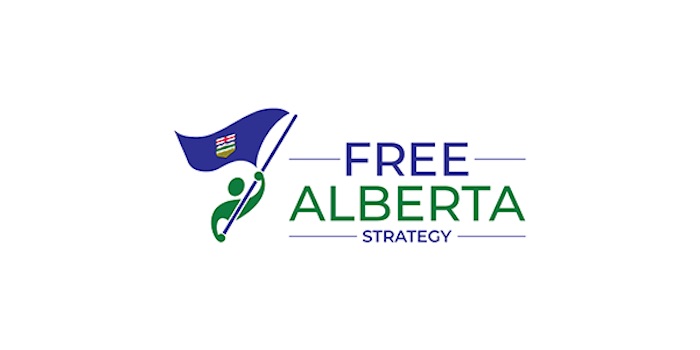
News release from Free Alberta Strategy
Earlier this week, the UCP leadership candidates running to be Premier participated in their final debate before voting gets underway.
Once again, our Free Alberta Strategy and our Alberta Sovereignty Act were featured heavily, but this time something else caught our eye too.
Throughout the campaign, some of the harshest critics of the Alberta Sovereignty Act have been candidates Travis Toews and Rebecca Schulz, who say that it’s “nuts” for Alberta to do anything that might be unconstitutional, and that such actions would create economic “chaos.”
But, as was revealed during the debate, apparently both candidates actually have no problem doing unconstitutional things…
Travis Toews has, right in his campaign platform, a plan to impose tariffs on goods and services from parts of Canada “deemed hostile to Alberta”.
That’s a clearly unconstitutional proposal, that would certainly cause economic “chaos”, and yet Toews seems perfectly fine with that when it’s *his* idea.
Schulz, meanwhile, is proposing to use the “turn off the taps” legislation to punish other Provinces.
Again, this is clearly unconstitutional, and certain to cause economic “chaos”, and yet Schulz is fine with that as long as it’s *her* idea.
Both of these policies would be a direct violation of section 121 of the Constitution, which states:
“All Articles of the Growth, Produce, or Manufacture of any one of the Provinces shall, from and after the Union, be admitted free into each of the other Provinces.”
This means that arbitrarily setting tariffs on goods from hostile regions, whether justified or not, is clearly a contravention of the constitution.
Now, this isn’t to say that neither Toews nor Schulz are wrong to make these suggestions – it’s vital for Alberta to stand up for itself, and these policies may well help us do so!
But isn’t it interesting that they’re in favour of unconstitutional “chaos-creating” ideas, as long as they’re the ones proposing them?
It’s almost as if it’s more about politics than about implementing the best policies to protect Alberta’s interests.
The Sovereignty Act is a tool to be used to keep the federal government in its lane.
It forms just one piece of our detailed, well-thought-through Free Alberta Strategy, which all works together to help promote Alberta’s interests.
It isn’t a solitary line in a campaign platform, or a talking point to be used at a debate.
It’s a full, 48-page, detailed report that proposes a series of initiatives the Alberta government could implement today, without needing any permission from Ottawa, to make Alberta a sovereign jurisdiction within Canada.
If you want to learn more, and help us advance Alberta’s interests, you can do so by:
- Reading the full, detailed Free Alberta Strategy here.
- Signing, and getting your family and friends to sign, our petition.
- Helping us promote and advance the cause by making a donation.
Thanks for your support, as we continue to develop and promote details solutions to the challenges facing Alberta.
Regards,
The Free Alberta Strategy Team
Alberta
Alberta mother accuses health agency of trying to vaccinate son against her wishes
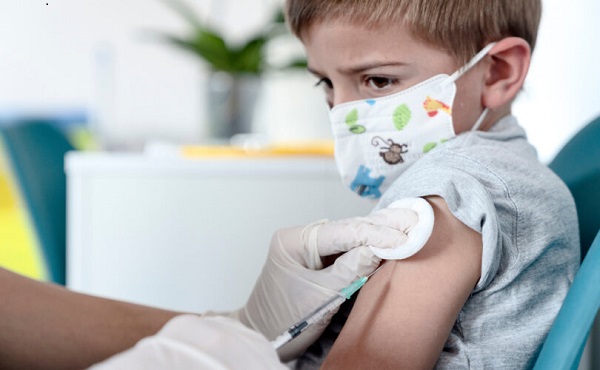
From LifeSiteNews
Alberta Health Services has been accused of attempting to vaccinate a child in school against his parent’s wishes.
On November 6, Alberta Health Services staffers visited Edmonton Hardisty School where they reportedly attempted to vaccinate a grade 6 student despite his parents signing a form stating that they did not wish for him to receive the vaccines.
“It is clear they do not prioritize parental rights, and in not doing so, they traumatize students,” the boy’s mother Kerri Findling told the Counter Signal.
During the school visit, AHS planned to vaccinate sixth graders with the HPV and hepatitis B vaccines. Notably, both HPV and hepatitis B are vaccines given to prevent diseases normally transmitted sexually.
Among the chief concerns about the HPV vaccine has been the high number of adverse reactions reported after taking it, including a case where a 16 year-old Australian girl was made infertile due to the vaccine.
Additionally, in 2008, the U.S. Food and Drug Administration received reports of 28 deaths associated with the HPV vaccine. Among the 6,723 adverse reactions reported that year, 142 were deemed life-threatening and 1,061 were considered serious.
Children whose parents had written “refused” on their forms were supposed to return to the classroom when the rest of the class was called into the vaccination area.
However, in this case, Findling alleged that AHS staffers told her son to proceed to the vaccination area, despite seeing that she had written “refused” on his form.
When the boy asked if he could return to the classroom, as he was certain his parents did not intend for him to receive the shots, the staff reportedly said “no.” However, he chose to return to the classroom anyway.
Shortly after, he was called into the office and taken back to the vaccination area. Findling said that her son then left the school building and braved the sub-zero temperatures to call his parents.
Following his parents’ arrival at the school, AHS claimed the incident was a misunderstanding due to a “new hire,” attesting that the mistake would have been caught before their son was vaccinated.
“If a student leaves the vaccination center without receiving the vaccine, it should be up to the parents to get the vaccine at a different time, if they so desire, not the school to enforce vaccination on behalf of AHS,” Findling declared.
Findling’s story comes just a few months after Alberta Premier Danielle Smith promised a new Bill of Rights affirming “God-given” parental authority over children.
A draft version of a forthcoming Alberta Bill of Rights provided to LifeSiteNews includes a provision beefing up parental rights, declaring the “freedom of parents to make informed decisions concerning the health, education, welfare and upbringing of their children.”
Alberta
Alberta’s fiscal update projects budget surplus, but fiscal fortunes could quickly turn
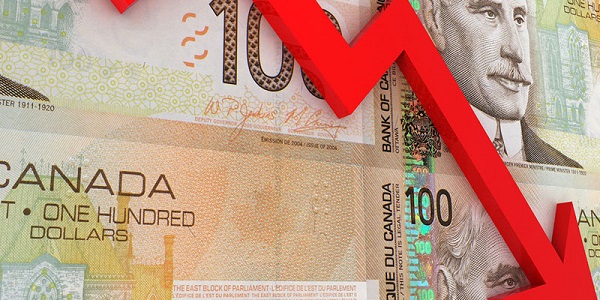
From the Fraser Institute
By Tegan Hill
According to the recent mid-year update tabled Thursday, the Smith government projects a $4.6 billion surplus in 2024/25, up from the $2.9 billion surplus projected just a few months ago. Despite the good news, Premier Smith must reduce spending to avoid budget deficits.
The fiscal update projects resource revenue of $20.3 billion in 2024/25. Today’s relatively high—but very volatile—resource revenue (including oil and gas royalties) is helping finance today’s spending and maintain a balanced budget. But it will not last forever.
For perspective, in just the last decade the Alberta government’s annual resource revenue has been as low as $2.8 billion (2015/16) and as high as $25.2 billion (2022/23).
And while the resource revenue rollercoaster is currently in Alberta’s favor, Finance Minister Nate Horner acknowledges that “risks are on the rise” as oil prices have dropped considerably and forecasters are projecting downward pressure on prices—all of which impacts resource revenue.
In fact, the government’s own estimates show a $1 change in oil prices results in an estimated $630 million revenue swing. So while the Smith government plans to maintain a surplus in 2024/25, a small change in oil prices could quickly plunge Alberta back into deficit. Premier Smith has warned that her government may fall into a budget deficit this fiscal year.
This should come as no surprise. Alberta’s been on the resource revenue rollercoaster for decades. Successive governments have increased spending during the good times of high resource revenue, but failed to rein in spending when resource revenues fell.
Previous research has shown that, in Alberta, a $1 increase in resource revenue is associated with an estimated 56-cent increase in program spending the following fiscal year (on a per-person, inflation-adjusted basis). However, a decline in resource revenue is not similarly associated with a reduction in program spending. This pattern has led to historically high levels of government spending—and budget deficits—even in more recent years.
Consider this: If this fiscal year the Smith government received an average level of resource revenue (based on levels over the last 10 years), it would receive approximately $13,000 per Albertan. Yet the government plans to spend nearly $15,000 per Albertan this fiscal year (after adjusting for inflation). That’s a huge gap of roughly $2,000—and it means the government is continuing to take big risks with the provincial budget.
Of course, if the government falls back into deficit there are implications for everyday Albertans.
When the government runs a deficit, it accumulates debt, which Albertans must pay to service. In 2024/25, the government’s debt interest payments will cost each Albertan nearly $650. That’s largely because, despite running surpluses over the last few years, Albertans are still paying for debt accumulated during the most recent string of deficits from 2008/09 to 2020/21 (excluding 2014/15), which only ended when the government enjoyed an unexpected windfall in resource revenue in 2021/22.
According to Thursday’s mid-year fiscal update, Alberta’s finances continue to be at risk. To avoid deficits, the Smith government should meaningfully reduce spending so that it’s aligned with more reliable, stable levels of revenue.
Author:
-

 armed forces2 days ago
armed forces2 days agoJudge dismisses Canadian military personnel’s lawsuit against COVID shot mandate
-

 Business1 day ago
Business1 day agoCBC’s business model is trapped in a very dark place
-

 International2 days ago
International2 days agoElon Musk, Vivek Ramaswamy Outline Sweeping Plan to Cut Federal Regulations And Staffing
-
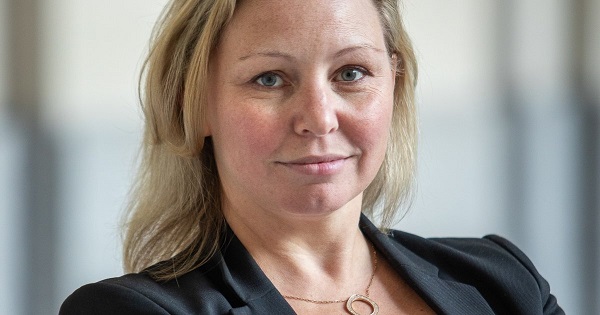
 Energy2 days ago
Energy2 days agoWhat does a Trump presidency means for Canadian energy?
-

 Alberta1 day ago
Alberta1 day agoAlberta government announces review of Trudeau’s euthanasia regime
-
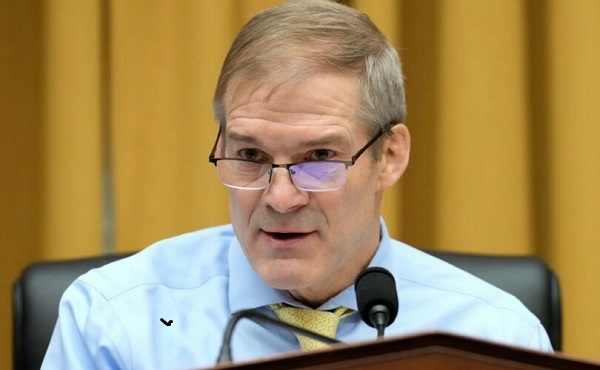
 Censorship Industrial Complex1 day ago
Censorship Industrial Complex1 day agoCongressional investigation into authors of ‘Disinformation Dozen’ intensifies
-

 Alberta1 day ago
Alberta1 day agoAlberta fiscal update: second quarter is outstanding, challenges ahead
-
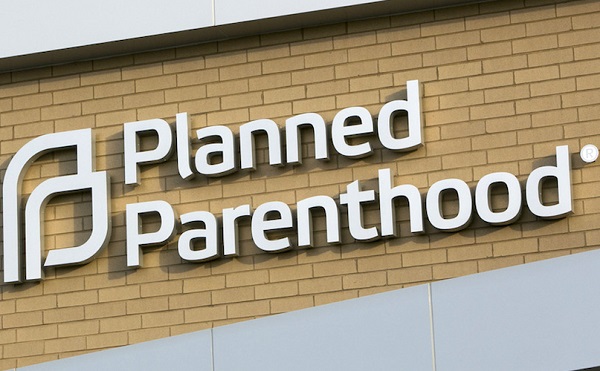
 Business1 day ago
Business1 day agoTrump’s government efficiency department plans to cut $500 Billion in unauthorized expenditures, including funding for Planned Parenthood







